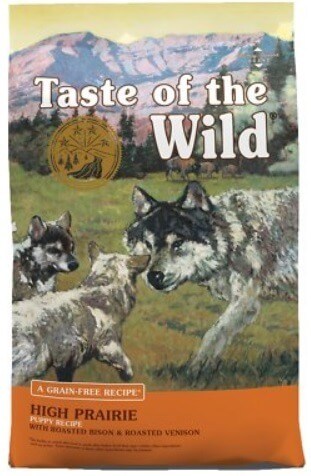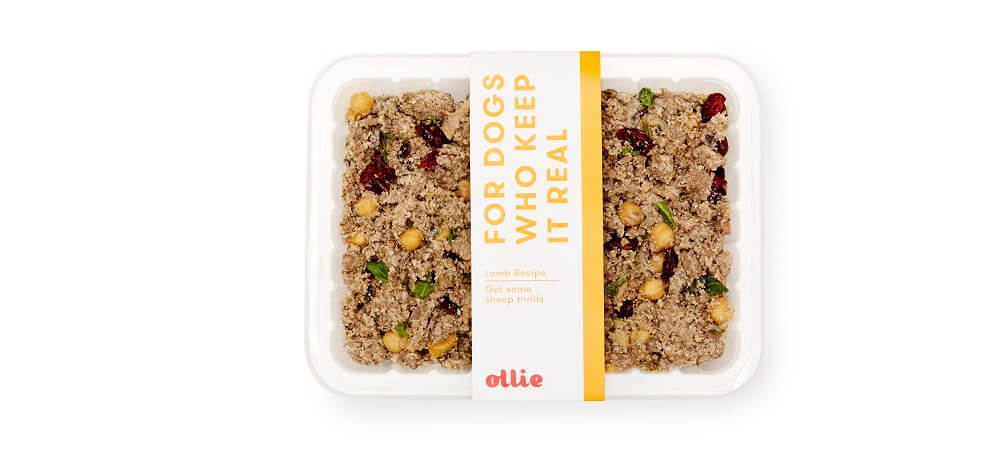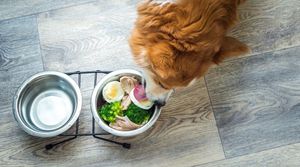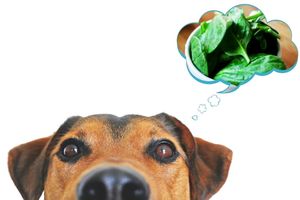One of the first things any boxer dog parent notices about their boxer puppy when they bring them home is how much energy they have. The common wisdom that puppies sleep up to sixteen hours a day? That rarely applies to beautiful boxers.
Choosing the best puppy food for boxers is therefore especially important, as it needs to fuel all that activity while also supporting the rapid growth spurts boxer puppies go through in their first eighteen months of life.
Kibble vs. Fresh vs. Home-Cooked vs. Raw Puppy Food
Even choosing the right feeding format for your boxer dog can seem daunting, as there are so many to choose from! Should they be fed a puppy specific kibble? A fresh food for puppies? Is raw food a good choice for younger boxers, or should you try home-cooked food instead?
There is no right or wrong answer here - except that whatever you choose, it should be high quality and as filler free as possible - but understanding these choices better will help you make the right decision for your pup.
Kibble for Boxer Puppies
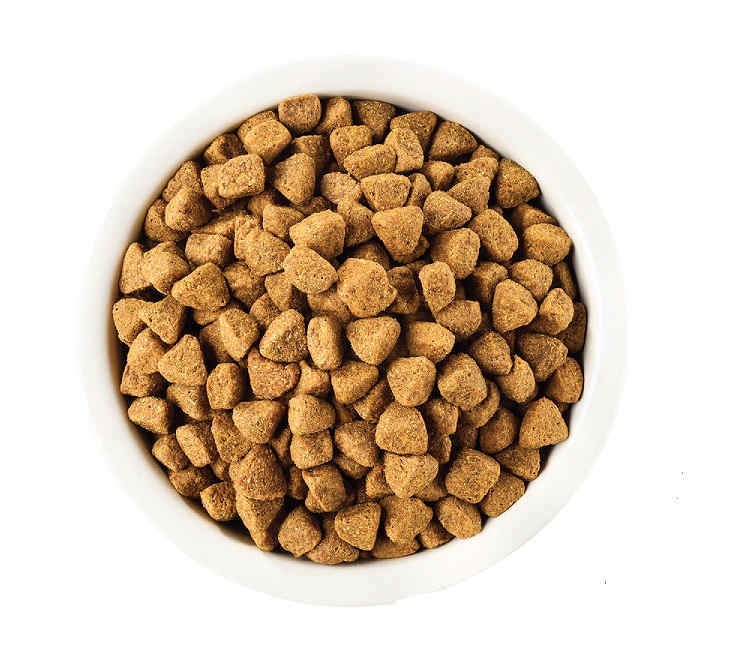
Most dogs and their owners love dry dog food, however it's essential to make your selection based on the age and size of your pup.
Lots of boxers start out eating kibble, and most of them enjoy it. The type of kibble they eat is often recommended by the breeder or shelter they come from, but that does not always mean it is quite right for their needs.
A smaller kibble size is usually the best choice, and some pet parents prefer a grain free formula to help prevent any possible allergic reactions to wheat or corn, both of which are commonly seen in boxers.
4.9/5 (Chewy)
97% Customers Recommend
One excellent puppy kibble choice for boxers is Taste of the Wild High Prairie Large Puppy Food. It's formulated with extra protein for pups who grow fast - which boxers certainly do - is free of fillers and artificial coloring and is also a grain free dog food, so will suit pups with a sensitive stomach.
Fresh Dog Food For Boxers
Fresh pet food, unlike regular kibble, mimics the costly, "chunky" versions of canned food. It has minimal or no preservatives, and it is stored in a refrigerator between meals to keep it fresh. Many of the most popular fresh dog foods are sold online and shipped to pet parents on a regular basis.
If you want to try a fresh food product for your boxer puppy, we can recommend Ollie (get 50% off your first order). It contains limited ingredients and has no fillers, is available in four delicious flavors and is one of the more affordable fresh dog food delivery services available.
Raw Food for Boxer Dog Puppies
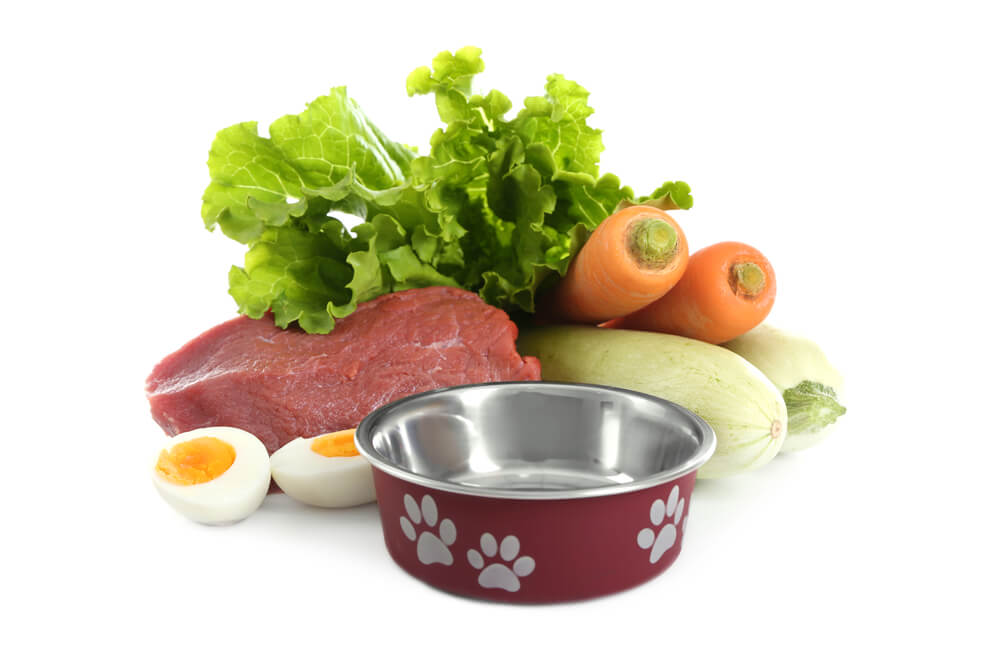
Safe ingredients dogs can eat
Raw food diets have long been used by racing greyhounds and sled dogs. Extending those feeding methods to household pets is a more contemporary concept, first proposed by Australian veterinarian Ian Billinghurst in 1993. His feeding recommendations were dubbed the BARF diet, which stands for Bones and Raw Food, or Biologically Appropriate Raw Food.
Adult dogs, according to Billinghurst, would thrive on an ancestral diet consisting of raw meaty bones and vegetable scraps, similar to what dogs ate before they were domesticated. He said that grain-based commercial pet diets were hazardous to a dog's health.
Many mainstream veterinarians, as well as the FDA, disagree. Several research papers published in veterinary journals have highlighted the dangers of raw diets, and they are not recommended for puppies at all.
If you do, however, want to add a small amount of raw food to your puppy's diet, you could try Instinct Raw Boost Puppy Formula, which is a kibble that also contains freeze-dried semi moist raw morsels that are particularly protein packed.
Home-Cooked Food for Boxer Dog Puppies
Some pet parents, especially while at home themselves during the COVID-19 pandemic, have begun exploring another old idea; homemade dog food. It can be a good choice, as long as you ensure that you make use of high quality ingredients and understand that you need to cater for a puppy's needs, not a human's. That often means using fewer (if any) spices and fats and limiting sugars too.
It is, however, time-consuming and relatively expensive. If you have the time, however, you will find that there are lots of homemade dog food recipes out there to try and many of them sound delicious!
Boxers and Skin Allergies

One of the health issues that tend to be seen more commonly in boxers - both as puppies and adults - are skin allergies. These can manifest as itchy dry skin, or as rashes that can become sore and infected. Boxer skin allergies can have many causes, but one of the ones most frequently seen are food allergies.
Some grains, and especially wheat and corn, often seem to lead to boxer skin allergies, and for some chicken seems to trigger both an allergic skin allergy and digestive issues. This can be upsetting for many boxer puppy parents, as they have been told to ensure their lively puppy gets plenty of lean protein, and chicken is a good one.
There are, however, other good sources of lean protein to try, including lamb, venison and fish, especially salmon and whitefish.
Other Common Health Issues in Boxers
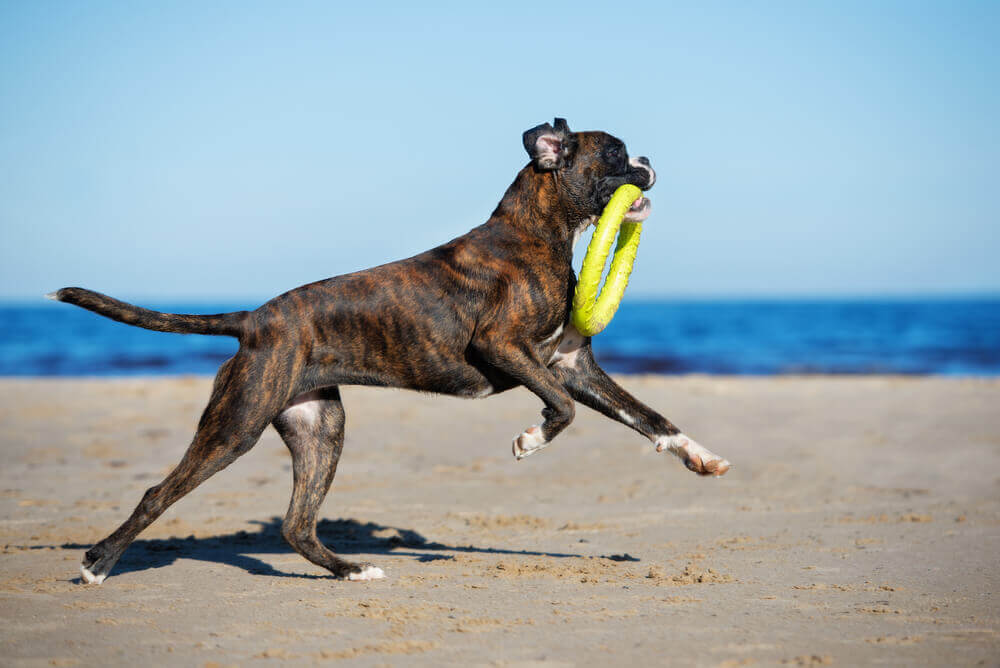
On the whole, boxers are healthy dogs, but there some health issues they are prone to, and what they eat can be a factor in how you manage these should they arise or even help prevent them:
Joint Problems
As a result of their genetic makeup as well as their inclination for rough and energetic activity, boxers frequently experience joint problems. Given these facts, it can be good to seek out foods that include chondroitin and glucosamine, which can help with joint health.
Heart Problems
Cardiomyopathy, dilated cardiomyopathy, and aortic/subaortic stenosis are just a few of the cardiac illnesses that boxers suffer from more frequently than other breeds.
While most of these are caused by genetic factors beyond your control, it's a good idea for them to eat foods that include the amino acid L-carnitine to keep their hearts as healthy as possible.
Bloat
Boxers are one of the breeds that are prone to bloat.
Encourage your boxer to chew his food rather than swallow it, and choose a kibble that encourages him to do so. And finally, keep your boxer quiet for at least a half hour after meals, and don't talk him out for a walk right away.
Take Note
A puzzle bowl may encourage slower, steadier eating as well.
How Much Should My Boxer Dog Weigh?
Boxers do range somewhat in both height and weight when full-grown, but according to the American Kennel Club, who set the breed standards for boxer dogs, a full-grown adult male - boxers are not considered fully grown until they are 18 months old by the way - should weigh between 65 and 80 pounds, and females should be around 15 pounds lighter.
How Much Should I Feed My Boxer Puppy?
No matter which type of boxer puppy food you opt for, you should follow the feeding guidelines provided with it fairly closely, as they all have different calorie levels and other nutritional values.
How Often Should I Feed My Boxer Puppy?
While many pet parents give their puppies a 'breakfast' and a 'dinner', as boxers tend to eat fast, and are, as we mentioned earlier, one of the dog breeds prone to bloat, often three or four smaller meals throughout the day is a more beneficial feeding schedule.
Sample Boxer Puppy Feeding Schedule
Ideally, try to feed your puppy on a similar schedule to your human kids - breakfast, lunch, snack and dinner.
If that's not possible because you won't be home it's not the end of the world, but if you feed kibble as your puppy's primary food source, a timed pet feeder can be an excellent way to keep them on schedule and ensure that they eat in just the right amounts.
How do I Transition My Boxer From Puppy to Adult Food?

Eventually, it will be time to transition your boxer pup from puppy food to an adult formula. As any sudden change in food can cause stomach upset, you should do so slowly.
The best way to do this is to mix a modest amount of adult food with your dog's preferred puppy formula and gradually raise the amount over the course of about a week, while reducing the amount of puppy food. You should only be giving your dog adult food by the end of that week.
When this transition should be made is something to discuss with your vet. Many boxers are still growing when they reach that big first birthday milestone and many will continue to grow until they are around eighteen months old, so the extra nutrition puppy food provides may still be necessary until then.


